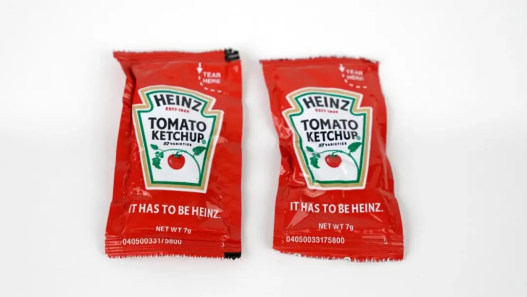A Forgotten Sanctuary in the Mountains
Tucked away in the highlands of western China, Moska Village is a breathtaking haven of snow-capped peaks, rolling grasslands, and serene alpine lakes. Enveloped by three sacred mountains, this untouched land remains a hidden gem, where the rhythm of life flows in harmony with nature.

An Untouched Way of Life
Moska is home to a small community of Tibetan nomads who have preserved their ancient traditions for generations. Here, people lead simple lives, tending to their livestock, spinning prayer wheels, and chanting Buddhist mantras. The landscape blends glaciers, forests, and rivers into a surreal dreamscape, making every step through the village feel like a journey back in time.

The Enchanting Beauty of Moska
Hiking Through Heaven
Trekking in Moska is an unforgettable experience. The high-altitude trails test your endurance but reward you with sights beyond imagination. Meadows filled with wildflowers stretch endlessly, while ancient forests shelter rare wildlife. As you ascend, the world opens up to vast plains under a sky painted with hues of blue and gold.

The Sacred Connection with Nature
Moska is not only known for its dramatic landscapes but also for its deep spiritual significance. The village is home to a remarkable group of Tibetan mastiffs, revered as guardians of both people and sacred sites. These gentle yet vigilant creatures roam freely, often seen bowing to the morning sun in a ritual of gratitude.
Spiritual Landmarks
The Mystical Prayer Flags
The hills surrounding Moska are adorned with vibrant Tibetan prayer flags, fluttering in the wind and carrying the prayers of the faithful into the heavens. These colorful banners, marked with sacred scriptures, create a mesmerizing spectacle as they ripple against the backdrop of the Himalayas.

The Ancient Stone Inscriptions
Scattered across Moska’s landscape are countless mani stones—sacred rocks engraved with Tibetan Buddhist prayers. Each stone is a testament to the villagers’ devotion, carefully etched with the Om Mani Padme Hum mantra, radiating a timeless sense of peace and reverence.

Golden Dragon Monastery
The Golden Dragon Monastery, perched at the village’s highest point, is a spiritual beacon for the local community. Its walls tell the legendary tales of King Gesar, the heroic ruler of Tibetan folklore. The monastery is a sacred space where monks recite ancient scriptures, filling the air with echoes of devotion.

A Village Above the Clouds
When morning mist descends upon Moska, the village appears like an ethereal kingdom floating in the sky. Snow-cloaked peaks stand as silent guardians, watching over the valley below. The crisp mountain air and the tranquility of the surroundings make it an ideal retreat for those seeking solitude and spiritual awakening.

A Warm Welcome from the Locals
The people of Moska radiate warmth and hospitality. Their faces, weathered by the highland winds, shine with genuine smiles. The children, full of curiosity and joy, embrace visitors with open hearts. Bringing small gifts, such as notebooks or candies, will undoubtedly bring smiles to their faces.



















